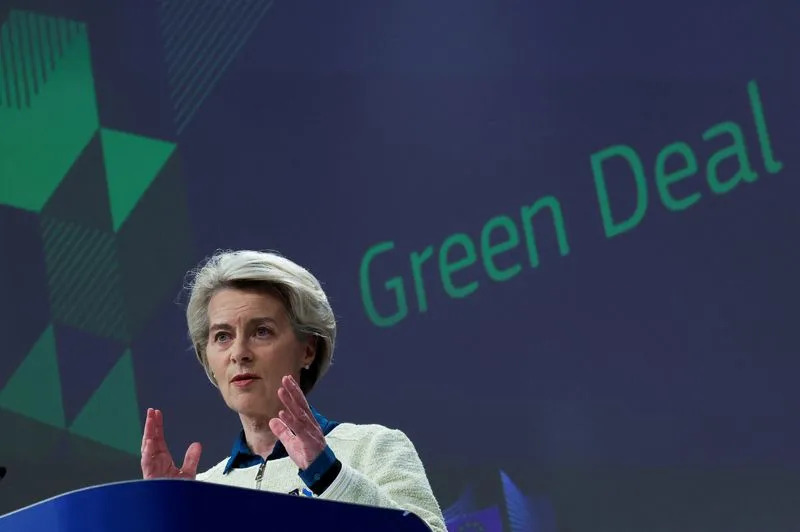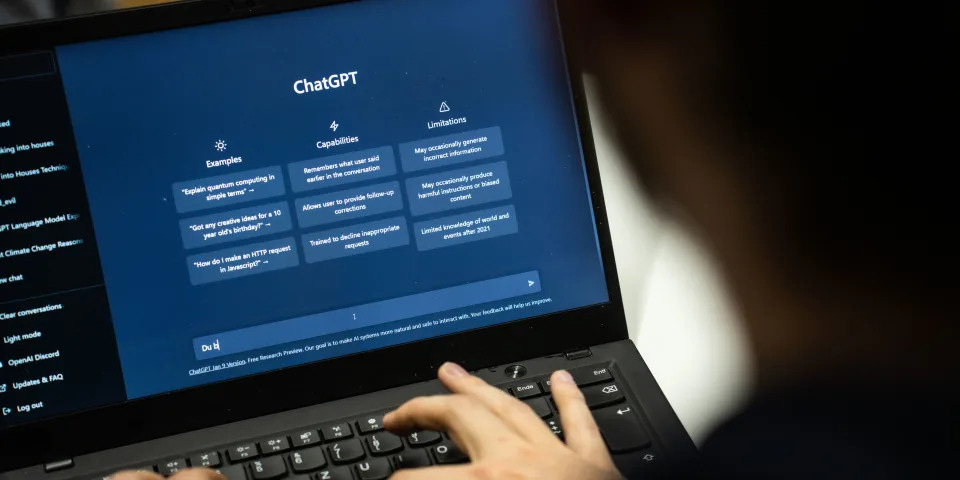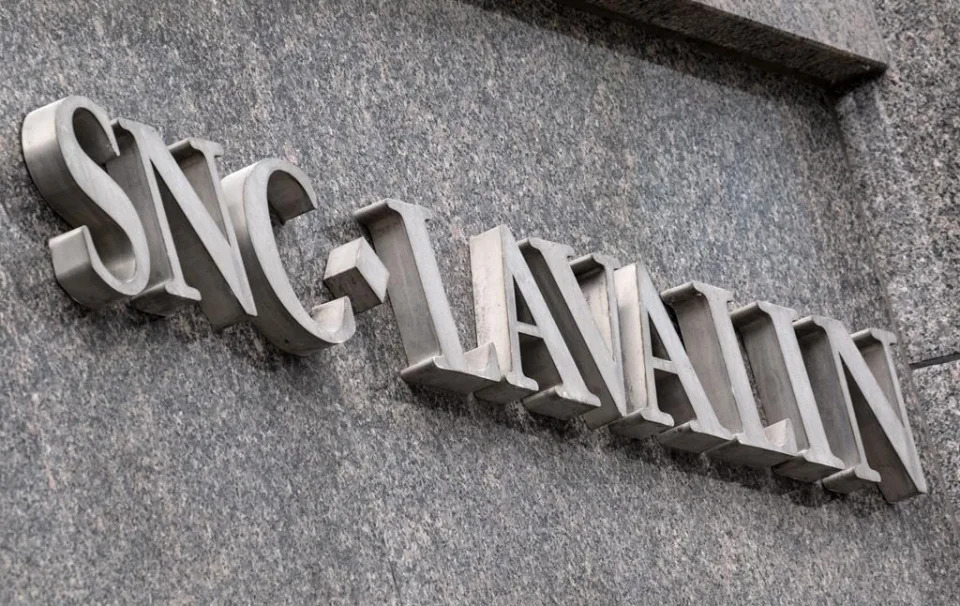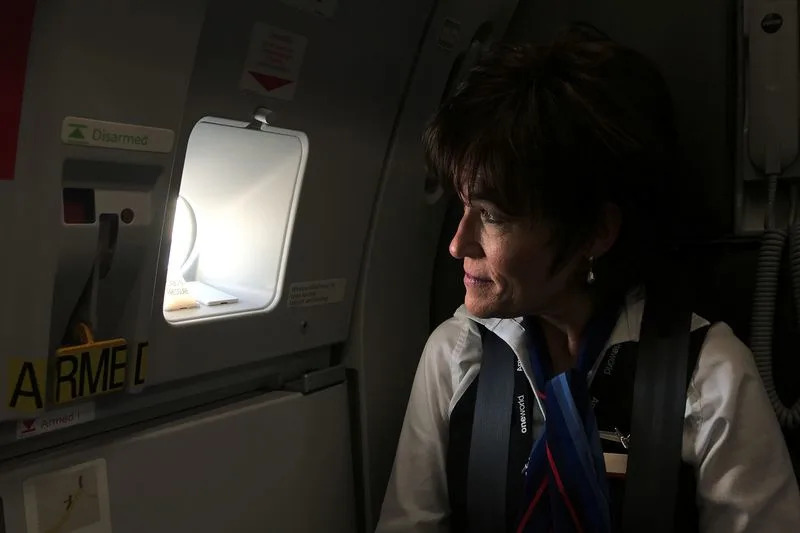Madison Hall
Fri, March 3, 2023

YinYang/Getty, Maria Kovalets / EyeEm/Getty, Tyler Le/Insider
College students say they often struggle to afford to pay for textbooks.
Two-thirds of students reported skipping buying course materials because they were too expensive.
Some members of Congress have joined the movement to provide free textbooks to university students.
Going to college in America is expensive. But it's not just tuition or room and board. Textbooks continue to eat up a significant amount of college students' budgets.
Claudia Munoz, a New Mexico State University sophomore, spent $500 on textbooks alone this semester. Her courses also required her to spend even more on online codes and access fees.
"I still have the online fee for textbooks that are included in the course," she said. "It's hard for me because I'm a full-time student and I only work part-time."
Delaney Clavo, a nursing student at Brenau University, said she's spent as much as $472 on a single textbook for her studies. Because of rising textbook costs, Clavo told Insider she's had to rely on her family to pay for some of her course materials.
"I know that's not always the case for everybody," Clavo said. "So I've been very, very fortunate with being able to somehow scrape by."
Munoz and Clavo are among the millions of college students in the United States who must pay hundreds for textbooks and course materials on top of tuition fees.
Hard choices in higher education
A 2016 study by Student Public Interest Research Groups, surveying over 4,700 students, showed the price of textbooks rose by 73% between 2006 and 2016.
While a 2020 report from the affiliated Public Interest Research Group reported that price increases had "plateaued," two-thirds of university students said they'd at one point skipped purchasing course materials because they were too expensive.
The same report found that 90% of student respondents said they were worried that not purchasing a textbook or access code would negatively impact their overall course grades.
However, the Association of American Publishers says that more recent data shows the costs for course materials are declining.
"The fact is that higher education publishers have dramatically expanded their offerings over the past decade, providing high-quality content and courseware through cost-effective delivery models like Inclusive Access, as well via digital, looseleaf print, and individual learning apps," said Kelly Denson, vice president of education policy and programs at the Association of American Publishers. She cited data from the third-party research group Student Monitor, which showed a dramatic 44% reduction in student spending on course materials from 2012 to 2022.
A 'broken' system
"Textbooks are so unaffordable because the system overall is just completely broken," said Manny Rin, the national organizing director for Student Public Interest Research Groups (SPIRGs).
In a free market, consumers are able to pick and choose which books to purchase and read. This, in turn, leads to lower, more competitive pricing. The college textbook landscape, however, isn't a free market, as students must buy whichever course materials their professor selects for their class.
Unable to personally select which textbooks or materials to use, students are forced to pay the exorbitant prices set by the textbook publishers.
There are three textbook publishers that control the vast majority of the university textbook marketplace, according to Rin: Cengage, McGraw Hill, and Pearson, and they are able to increase the price of their textbooks at will. What's more, they also can small updates to textbooks, knowing that students will be required to purchase the latest edition, effectively making older editions useless.
"That whole idea of having to pay $300 for a new edition of a calculus textbook where the subject of calculus really hasn't changed for hundreds of years is pretty absurd," Rin said.
Making tiny adjustments to textbooks and course materials not only forces students to purchase the latest edition but also renders their older editions practically worthless on the open market.
This happened to Clavo, who told Insider she had a professor insist that his students purchase an older version of a $300 textbook. She's since been unable to sell the book.
"It's just sitting on my bookshelf right now because nobody wants it — you can hardly find anyone that's going to use that textbook," Clavo said.
And don't expect the any of the big three publishers to try and undercut the sales of their competitors. According to a 2016 study by SPIRGs, they generally avoid publishing books on subjects where another competitor has found success, and as such there's little actual competition between the three main textbook publishers.
A possible solution: Open textbooks
It's a situation ripe for a disruptor. Open textbooks is one popular solution, and one that's been successfully implemented via local grants across the country. In practice, this means giving students access to free, publicly-available textbooks.
According to a new report from SPIRGs late February that looked into university open education grants (which includes open textbooks), for each dollar invested into open education resource grants, students save between $10 to $20. SPIRGs found that grant programs started during the pandemic have already saved university students more than $2.5 million.
Open textbooks are also linked to better grades for students in the classroom. According to a 2018 study of the impact of open textbooks and educational resources on student success, students saw a 13% increase in "A" or "A-" grades while using open educational resources compared to classmates who didn't.
The same study also found that part-time students saw even higher grade increases.
As states across the country create their own grants for open textbooks, members of Congress have also begun to take notice.
Congress has had a potential fix for a decade

Sen. Dick DurbinKevin Dietsch/Getty Images
In 2013, after hearing from a constituent in Illinois that she had paid hundreds for one introductory economics class, Sen. Dick Durbin wrote up the Affordable College Textbook Act.
The act, which Durbin has introduced in every session of Congress since 2013, would authorize a grant program to expand open textbook usage at universities and require the Government Accountability Office to periodically update Congress on the price trends of textbooks.
"We are helping cut the cost of attending college by supporting the creation and expansion of open college textbooks," Durbin told Insider in a statement. "I will continue to fight for federal funding for this program that has already begun to address college affordability and ensure students have access to quality instructional materials."
Sen. Tina Smith of Minnesota, one of the bill's previous co-sponsors, told Insider in a statement that she and Durbin's office plan to reintroduce the Affordable College Textbook Act this session of Congress.
"Students shouldn't have to pay inflated costs for textbooks to do homework or participate in a class they've already paid tuition for," Smith said.
And while there's no timeline for the Affordable College Textbook Act to make it through Congress, federal legislators have granted $47 million in funds for open textbooks since 2018 as part of the Open Textbook Pilot Program.
The roadblocks to passing federal legislation
Senate aides in Durbin's office explained there's a simple reason the Affordable College Textbook Act hasn't successfully made its way through Congress despite several attempts: the Higher Education Opportunity Act, the piece of legislation that the Affordable College Textbook Act would most likely be attached to, hasn't been reauthorized since 2008. There's no timeline as to when it will happen again.
Another issue, according to Graceanne Hoback, the Public Interest Research Group president at Florida State University, is the way that many of the open education resource grants created by the Open Textbook Pilot Program and similar local programs are structured.
Hoback said that many of these grants simply provide a stipend for professors to either make the switch to available open course materials or create their own books. And some professors, she noted, "want more upfront because they are not going to be receiving the recurring payments for their publication" that they'd normally be getting if they contributed to a traditional textbook.
Essentially, the textbook price problem is just Economics 101. Hope you've got $400 for the text.
March 3, 2023: This story has been updated to include comments from the Association of American Publishers. It has also been updated to reflect more recent survey data showing that the price of course materials has plateaued or declined in the past ten years.









